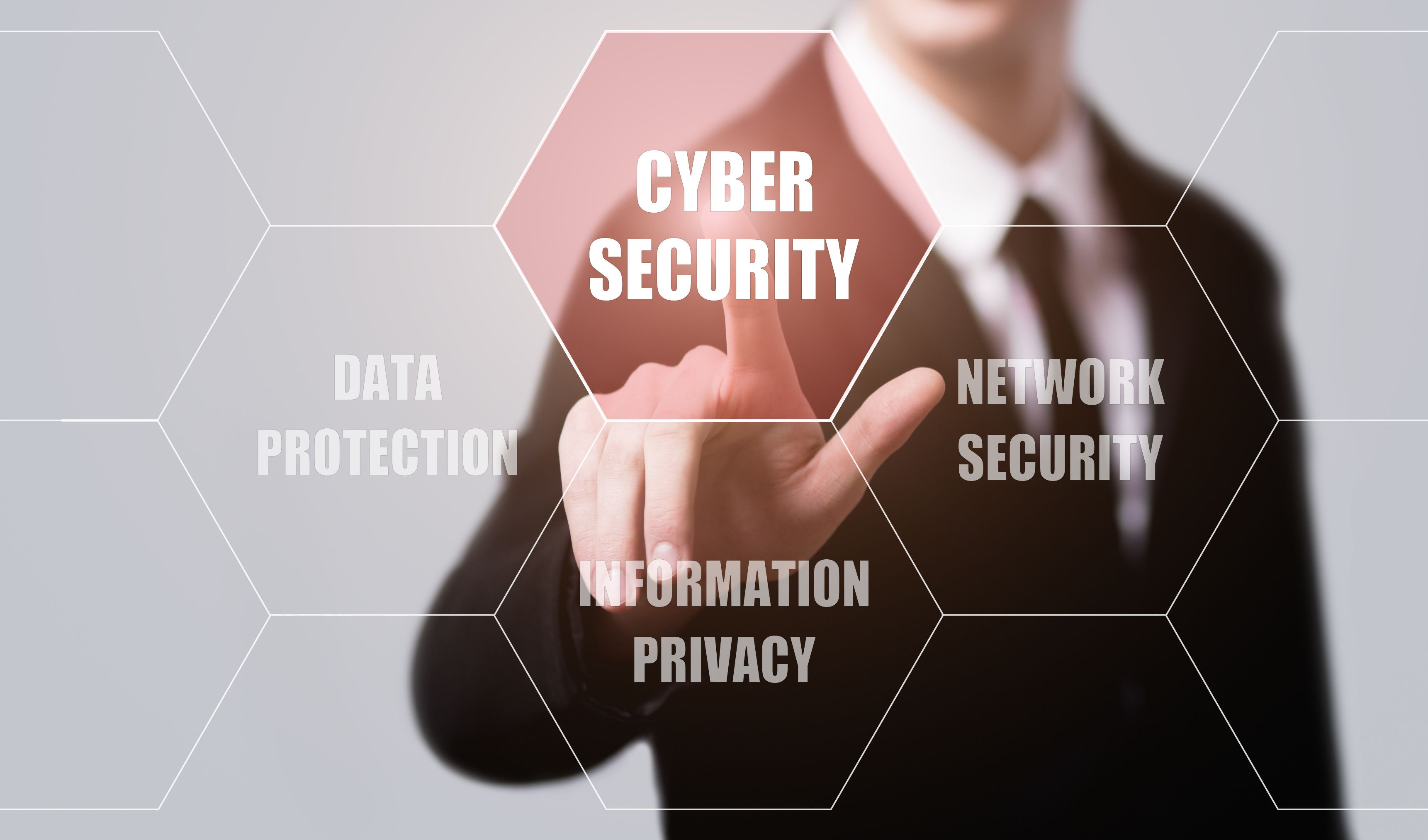In the current digital environment, businesses of all sizes are trusted with a lot of sensitive data. That includes financial records, customer information, and intellectual property, which makes them easy targets for cyberattacks. Cyber security compliance guarantees that your company has the defenses in place to keep this data safe and complies with industry standards. However, navigating the intricate realm of compliance sometimes seems like a maze.
What is Cyber Security?
The process of defending a person's or an organization's computer systems, networks, and applications against cyberattacks is known as cybersecurity. A cyberattack attempts to gain access to, alter, or remove confidential data, including financial data, from a company or organization. Systems and software may contain private data that is vulnerable to theft or corruption, such as financial or medical records.
Best Practices for Businesses to Ensure Cybersecurity
Here, we will look at some best practices to guide your business organization toward robust cybersecurity compliance:
Know Your Data and Regulations
The first step is to recognize the kinds of data your company gathers, maintains, and sends. Specific industries are subject to particular restrictions regarding data privacy. Determine which laws, such as PCI DSS for credit card transactions or HIPAA for healthcare, apply to your company. Understanding these rules can help you develop a compliance plan.
Establish a Cybersecurity Governance Framework
One organized method for addressing cybersecurity risks is to use a cyber security governance framework. It creates clear channels of communication, describes policies and procedures, and lays out roles and duties. The NIST Cybersecurity Framework and ISO 27001 are two well-liked frameworks.
Implement Security Controls
Set up security safeguards to protect your data after you have a firm understanding of it and the applicable laws. This comprises:
- Network Security: Firewalls, intrusion detection/prevention systems (IDS/IPS), and data encryption protect your network from unauthorized access and malicious software.
- Endpoint Security: On staff devices, antivirus, anti-malware, and application whitelisting software guard against malware infections and illegal program execution.
- Access Control: To limit access to sensitive data depending on user responsibilities, implement strong password regulations, multi-factor authentication, and the least privilege principle.
- Data Security: Data security tips include regularly backing up your data, encrypting sensitive information while it is in transit and at rest, and safely deleting it when it is no longer needed.
Promote a Culture of Security Awareness
When it comes to defending against cyberattacks, employees are frequently the first to react. Frequent cybersecurity awareness training informs staff members about phishing scams, common dangers, and data protection best practices.
Conduct Regular Audits and Assessments
Regular penetration tests and vulnerability assessments help you find gaps in your security posture. Compliance assessments also guarantee that your security controls adhere to legal standards.
Cybersecurity Compliance Services' Function
Keeping an eye on cybersecurity compliance might be difficult. cyber security compliance services can offer invaluable knowledge and support in a number of areas, such as:
- Gap Analysis: Find weak points in your present security posture and suggest fixing them.
- Policy Development and Implementation: Can assist you in creating and putting into effect thorough cybersecurity policies and procedures.
- Security Awareness Training: Provide your staff with exciting security awareness training to raise their level of knowledge.
- Security Incident and Event Management (SIEM): Use procedures and tools for Security Incident and Event Management (SIEM) in order to detect, handle, and resolve security incidents.
Conclusion
Implementing these best practices and considering the invaluable support of cybersecurity compliance services can help your business successfully navigate the constantly shifting world of cybersecurity risks. Remember that retaining consumer confidence, safeguarding your data, and guaranteeing company continuity all- depend on taking a proactive approach to cybersecurity compliance.
Get in touch with INTERCERT for professional advice on creating and executing a strong cybersecurity compliance plan. INTERCERT provides a full range of cybersecurity compliance services to assist companies of all sizes in achieving and maintaining compliance
A PHP Error was encountered
Severity: Notice
Message: Undefined variable: clientlist
Filename: views/blog_view.php
Line Number: 67
Backtrace:
File: /home/sysintercert/public_html/application/views/blog_view.php
Line: 67
Function: _error_handler
File: /home/sysintercert/public_html/application/controllers/Blogs.php
Line: 41
Function: view
File: /home/sysintercert/public_html/index.php
Line: 316
Function: require_once
A PHP Error was encountered
Severity: Warning
Message: Invalid argument supplied for foreach()
Filename: views/blog_view.php
Line Number: 67
Backtrace:
File: /home/sysintercert/public_html/application/views/blog_view.php
Line: 67
Function: _error_handler
File: /home/sysintercert/public_html/application/controllers/Blogs.php
Line: 41
Function: view
File: /home/sysintercert/public_html/index.php
Line: 316
Function: require_once

